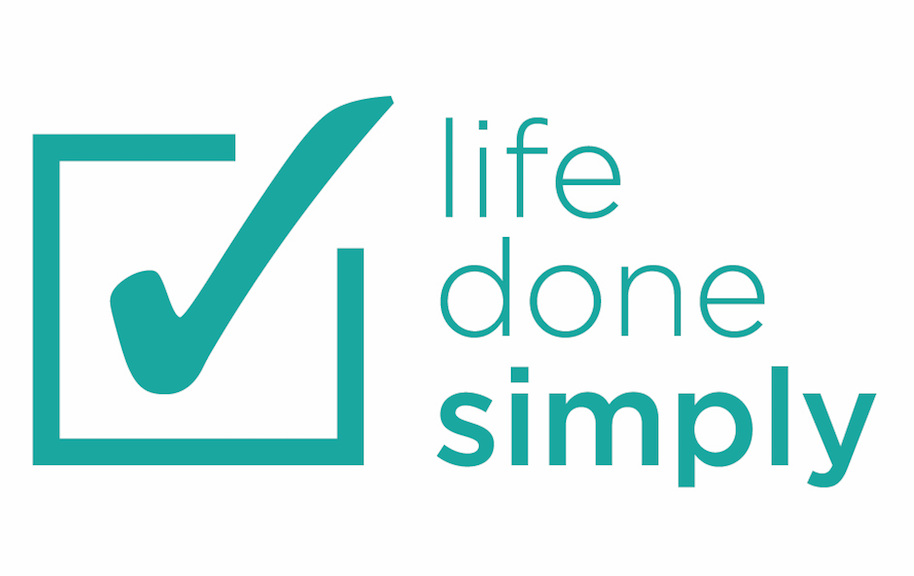When Good Ideas Sabotage Productivity
/Do you or someone you know suffer from TMI?
Too Many Ideas (TMI)
TMI is when you have so many ideas at one time that they interfere with one another, and it becomes impossible to take meaningful action on any of them.
TMI symptoms can include:
Busyness
Procrastination
Indecisiveness
Overwhelm
Fatigue
TMI doesn't have to be a productivity death sentence. Some of society's greatest minds and producers have suffered from TMI from time to time. TMI can be a wonderful gift when appropriately managed.
So how do you treat TMI and stay focused and productive?
Take a deep breath and stay calm
Remind yourself of this universal truth: You will always have more ideas than completions.
Tip: Practice awareness by simply recognizing TMI when it arises. Pause and express gratitude for your creativity; remember that it is truly a gift.
Quiet the mind with a braindump
"Your mind is for having ideas, not holding them." - David Allen
Optimize your focus by writing down or voice recording new ideas as soon as you think of them. The faster you can get your ideas out of your head and into a system, the sooner you can regain focus.
Use a digital notes app or designated notebook as a parking lot for ideas—whichever tool is quick and easily accessible!
Tip: Create three parking spaces to organize your ideas quickly: Time Sensitive, Strategic, and Someday.
Schedule regular strategic planning sessions
Dedicating time to reviewing your ideas can be eye-opening. Just because something seemed like a good idea last week doesn't mean it is a good idea now. Schedule 20–30 minutes each week to sit down and review and organize your ideas. This is the time to divide your ideas into more specific categories for simpler access in the future.
Tip: Reserve your more significant Strategic and Someday ideas for a quarterly planning session. Parking these ideas for several weeks will provide you with valuable perspective.
The ideas you can implement will depend on your lifestyle, but there are a few questions you can ask to ensure you are thinking strategically no matter your situation:
Do you want to take action on this idea because it will propel you forward, or is it just a fun distraction?
Be honest. Don't allow an idea alone to determine your priorities. The ideas you decide to take forward must align with your larger personal or professional goals. Just because someone else is doing it doesn't mean it's right for you.
Which ideas or projects currently have your full attention, and do you have the capacity to take on something new?
New ideas are often a way to satisfy ourselves when we have grown bored with our current obligations. If you procrastinate on your current priorities, a new idea will likely only contribute to a feeling of overwhelm.
How can I make implementing this idea easier? Is the whole concept essential or just a fraction of it?
If you decide an idea is worth pursuing, take the time to write out the steps to completion. Merely having an idea does not ensure success — You must plan out actionable steps that you can easily manage.
Consider a low-information diet
"Drinking from a firehose is a really bad way to get hydrated." - Seth Godin
Algorithms have created an environment where TMI thrives. Whenever you access social media, it predicts and shows you the next great idea. We can quickly compare our ideas to that of our peers and competitors, and we might even feel compelled to chase the next best idea based on a feeling of scarcity or competition.
Set healthy boundaries around the information you consume and get comfortable with the feeling of "enoughness."
Tip: Unsubscribe from newsletters, unfollow accounts, or "hide" posts that trigger a scarcity response.
Remember to curate or modify your ideas liberally! It's wiser to discriminate up front rather than spend precious time and energy on an idea that isn't a good fit for you.
Aimee Olson of Life Done Simply is a Productivity and Organizing Coach and Speaker and is a member of the National Association of Productivity & Organizing Professionals (NAPO). She specializes in Holistic Organizing and Minimalism, Residential Organizing, Workplace Productivity, and Brain-Based Conditions.





